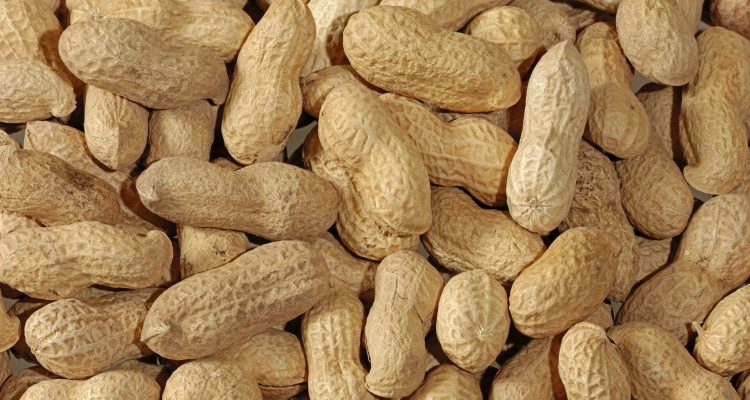The miraculous properties of a simple radish are named.

Radish is the most spring vegetable. It is one of the first root crops to ripen in the spring: it is harvested at the end of April. What benefits can radishes bring to an organism tired of winter, biologists told, informs Ukr.Media.
Radish is rich in vitamins - C, B1, B2, B5, B6, B9, PP - and trace elements - potassium, calcium, magnesium, iron, phosphorus, as well as natural fiber and phytoncides, and its tops, also edible, taste similar for chard salad leaves, for vitamins C, K, A, B.
Due to the content of vitamin C and anthocyanins, radish has antioxidant properties, protects heart tissue from damage and reduces the risk of diseases, has a positive effect on the condition of blood vessel walls, experts noted. Potassium in radish helps to control blood pressure, reduces the risk of developing hypertension and other cardiovascular diseases. There is research that radishes also lower blood cholesterol levels.
This root vegetable has an anti-edematous, choleretic and diuretic effect, and due to dietary fibers, it supports the digestion process and healthy intestinal microflora. Phytoncides (natural antibiotics) in the composition of radish help to cope with colds, kill bacteria in the oral cavity, preventing caries. And to activate immunity, it is recommended to eat two or three radishes at lunch, then the therapeutic effect will last throughout the day.
The vegetable is recommended for obesity, gout, diabetes, as well as for those who are losing weight. The thing in its composition: water (about 95%), carbohydrates (mostly dietary fiber), a small amount of protein and no fat, and also in a low calorie content (20 kcal).
But experts advise not to overdo it with radish: with an excess of this product, some people may feel discomfort due to increased acidity in the stomach or increased gas formation. And in people with peptic ulcer disease or gastritis, radish can cause irritation and increase symptoms.
In addition, the root crop must be washed thoroughly before consumption, as it may be contaminated with E. coli or salmonella bacteria.


 1845
1845











